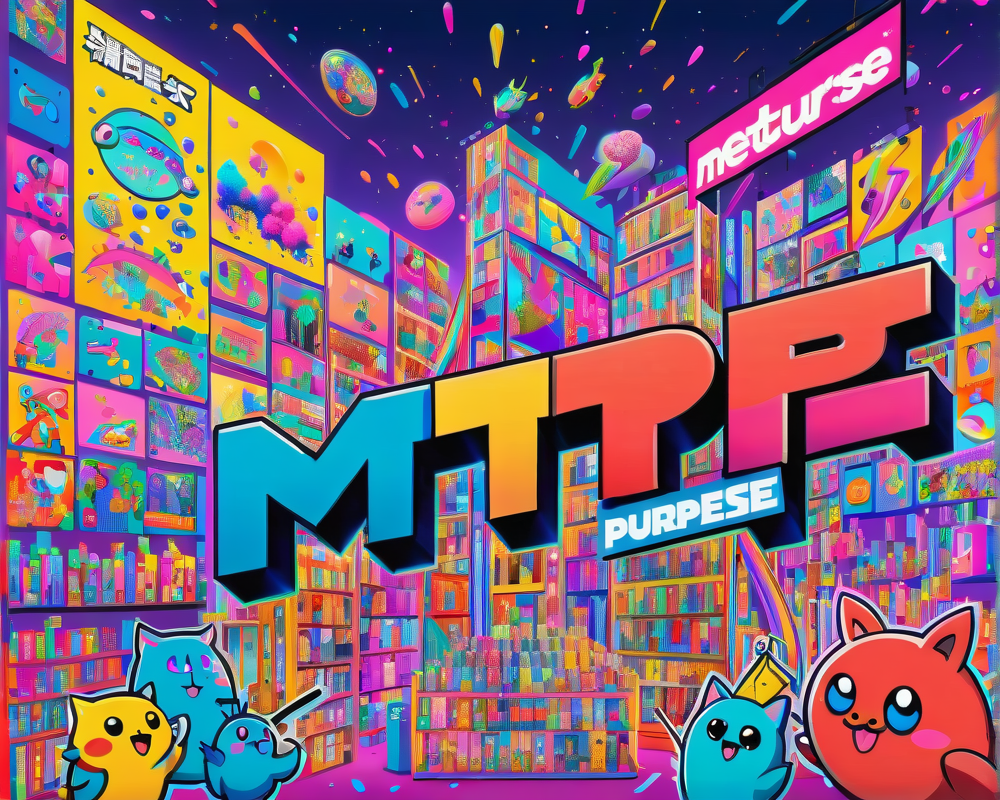A Unified Stand Against Human Trafficking
In a world where cryptocurrencies can sometimes be the dark horse of the financial realm, a group of prominent exchanges—Coinbase, Paxful, Gemini, and BitFinex—have decided to don their capes and fight the good fight. These exchanges have teamed up under the banner of the Anti-Human Trafficking Cryptocurrency Consortium (ATCC), a nonprofit ventured out of the Anti-Human Trafficking Intelligence Initiative that aims to stomp out the outrageous crime of human trafficking.
Building Tools and Crafting Strategies
With a mission revolving around intelligence sharing and developing best practices, the ATCC is designed for collaboration. Aaron Kahler, the guide at the helm of this initiative, emphasizes the need for organizations to rise up and take active measures against human trafficking. He’s promised that these crypto champions will be equipped with comprehensive training, data, and tools that are tailor-made for combating this issue. It’s like the Justice League, but for crypto!
Transaction Monitoring: The New Crypto Watchdogs
These four exchanges are not just resting on their laurels; they’re actively monitoring crypto transactions for suspicious activities that may link back to human trafficking. The idea is simple: let’s keep our digital wallets clean. Lana Schwartzman, Paxful’s compliance chief, is all for rolling out a keyword initiative, tracking terms related to these human rights abuses across all exchanges. Why? Because whether it’s peer-to-peer or a fancy exchange, bad keywords can follow you everywhere!
Transparency in Transactions: The Crypto Edge
Unlike the murky waters of traditional fiat, cryptocurrencies offer a level of transparency that’s a double-edged sword. It’s like choosing to do your laundry in front of a window where everyone can see. John Kothanek from Coinbase shed light on the matter, stating that, despite what the skeptics say, the bulk of crypto transactions are squeaky clean. But for those with less-than-noble intentions? Well, they better know it’s not a secret anymore. “We see you!” could very well be the slogan for the consortium.
Numbers Don’t Lie: Riding the Wave of Change
Despite the relatively low percentage of illicit transactions in the grand scheme of things, there’s substantial momentum from the ATCC member, Chainalysis, that dug deep into the data. Did you know that in 2019, around $930,000 worth of Bitcoin (BTC) and Ethereum (ETH) ended up in the pockets of human trafficking? That’s a staggering figure for anyone trying to make sense of the cypher world.
Information Sharing: Knowledge is Power!
As demonstrated by the Financial Crimes Enforcement Network, crypto does have its dark moments. A case study involving a group of human traffickers using crypto to purchase Visa cards that acquired Bitcoin paints a chilling picture of how technology can be warped. This is where information sharing among exchanges and law enforcement comes into play. Pamela Clegg from CipherTrace likens their efforts to the keystone in a grand arch: it holds everything together. Through shared data like geographic locations, numbers, and transactions, they can create a clearer picture of the bad actors.
Next Steps in the Fight
Ultimately, these exchanges, blockchain detectives, and law enforcement are drawing a line in the sand, saying, “No more!” The collaboration among the ATCC not only raises awareness but also gears up the community to take actionable steps against human trafficking. They’re putting the ‘human’ back into humanity—one transaction at a time.




